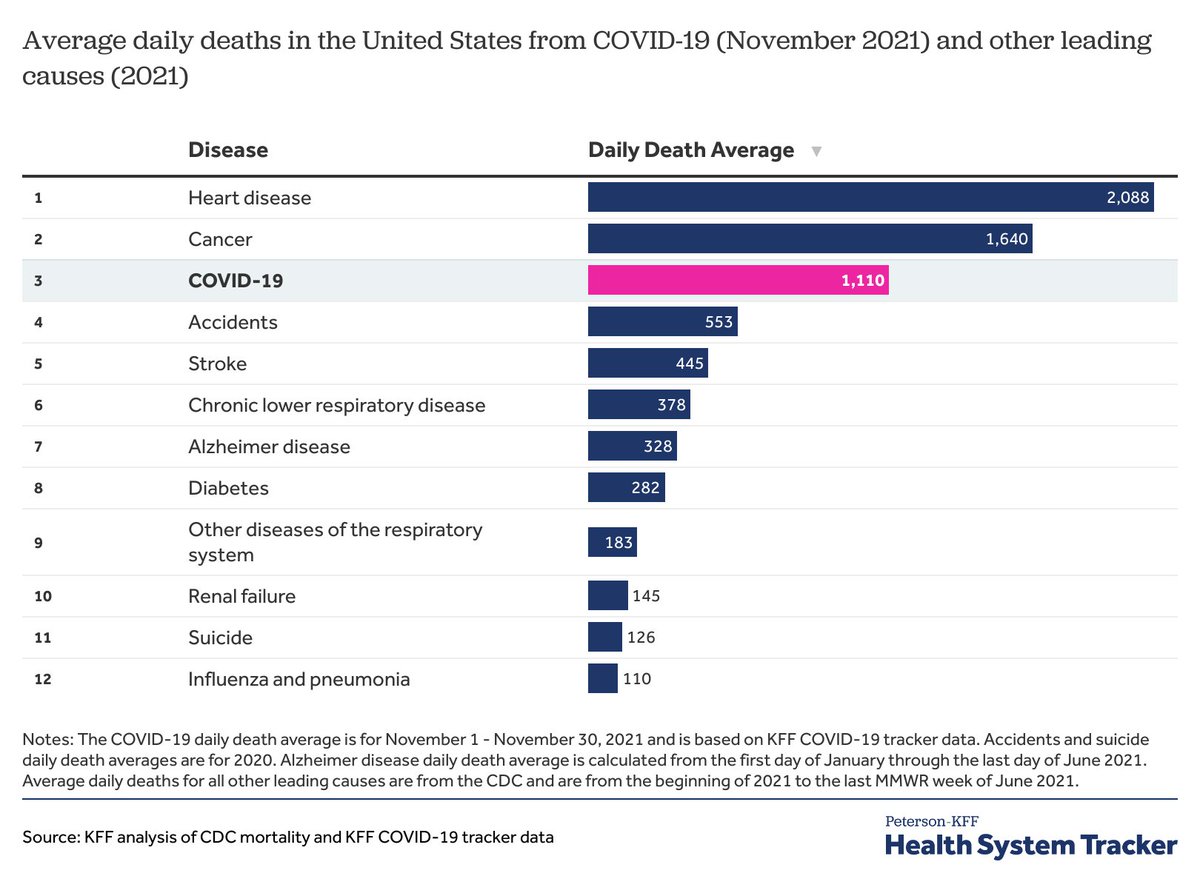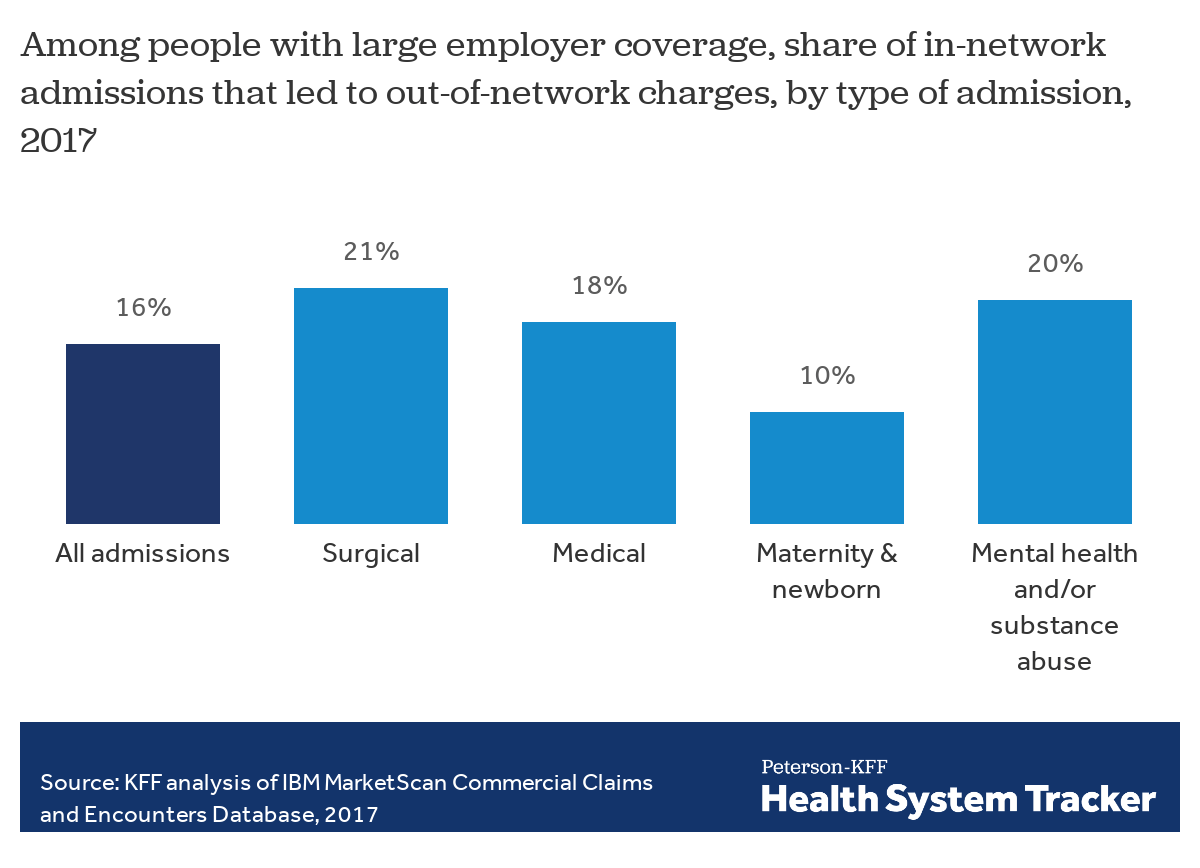
NEW: As the U.S. approaches 800,000 COVID-19 deaths, our @KFF analysis finds 163,000 deaths could have been prevented by vaccination since June
healthsystemtracker.org/brief/covid19-…
@KrutikaAmin @JaredOrtaliza @PetersonCHealth
healthsystemtracker.org/brief/covid19-…
@KrutikaAmin @JaredOrtaliza @PetersonCHealth

@KFF @KrutikaAmin @JaredOrtaliza @PetersonCHealth 2/ Our analysis also finds COVID was the 3rd leading cause of death in the U.S. in November. healthsystemtracker.org/brief/covid19-… 

3/ In October, the most recent month with age-specific data, COVID-19 was the #1 killer of people age 45-54 in the U.S. healthsystemtracker.org/brief/covid19-… 

4/ This is an update to a brief we published in October. At that time, we estimated there had been 90,000 preventable Covid deaths.
Now, we estimate there have been over 70,000 *additional* preventable deaths in just the last 2 months. Horrifying.
Now, we estimate there have been over 70,000 *additional* preventable deaths in just the last 2 months. Horrifying.
https://twitter.com/cynthiaccox/status/1448311960534126594
• • •
Missing some Tweet in this thread? You can try to
force a refresh











